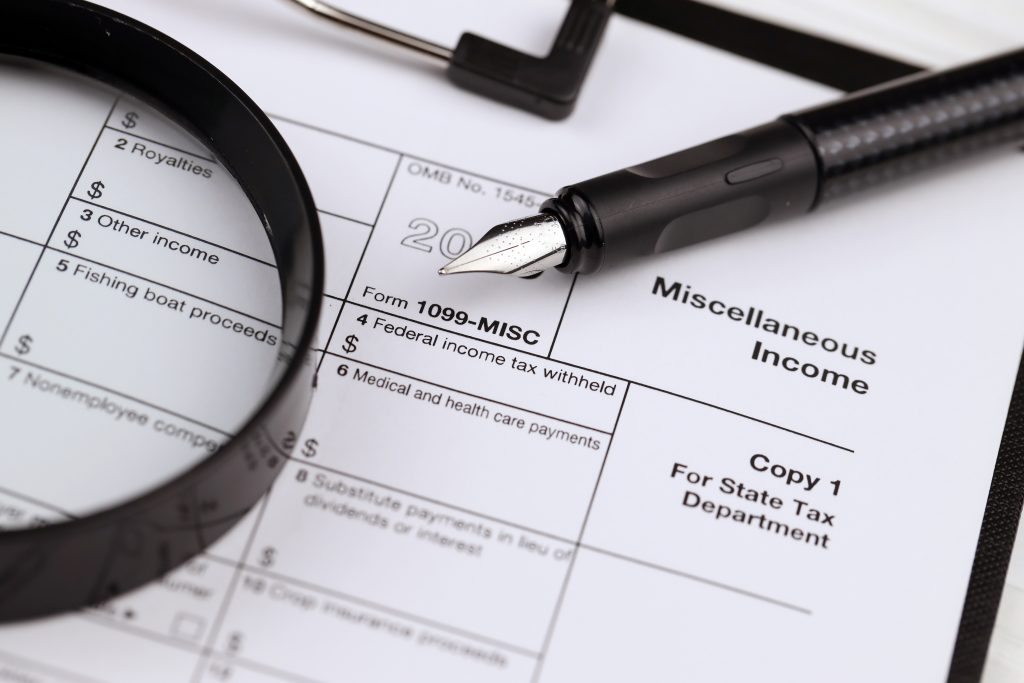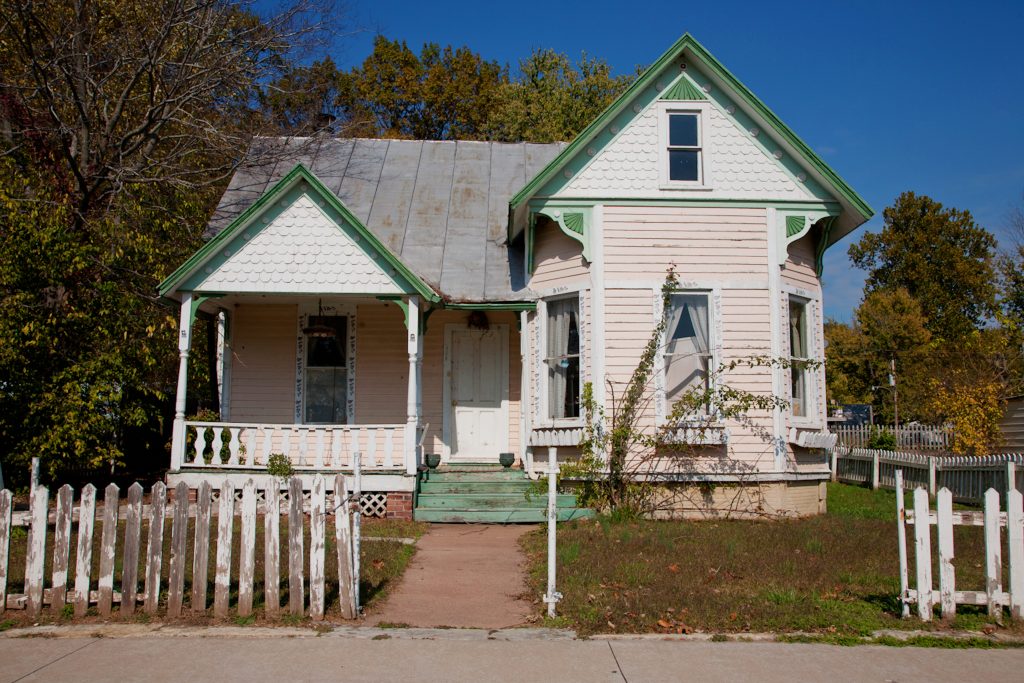Falling behind on your mortgage payments can feel overwhelming, but understanding the foreclosure process in Georgia can help you take control of the situation. Georgia is known as a “non-judicial foreclosure” state, which means lenders don’t have to go through the courts to reclaim a home. Because the process can move quickly, homeowners benefit from knowing what steps are involved and what options they have.
Notice of Default
The process usually starts after a few missed mortgage payments. Your lender will send notices reminding you of the missed payments and warning you about the risk of foreclosure. This is the point where it’s most important to reach out to your lender. Many banks and mortgage companies are open to solutions such as repayment plans, loan modifications, or even temporary forbearance to help you get back on track.
As previously mentioned, the process begins when a borrower falls behind on mortgage payments. While Georgia law does not require a specific number of missed payments before foreclosure begins, lenders typically send late notices, demand letters, and a formal notice of default before moving forward. At this stage, borrowers still have the opportunity to pursue loss mitigation options such as loan modifications, repayment plans, or forbearance agreements. See more tips about How To Avoid Foreclosure
Notice of Sale
Once the lender decides to initiate foreclosure, Georgia law requires that a Notice of Sale be published in the county’s legal newspaper once a week for four consecutive weeks before the scheduled sale date. In addition, the lender must send written notice to the borrower at least 30 days before the foreclosure sale, by certified mail or statutory overnight delivery. This notice outlines the details of the foreclosure sale, including the date, time, and location.
If payments still aren’t caught up, the lender can move forward with foreclosure. In Georgia, they must publish a notice in the county’s legal newspaper for four weeks before the foreclosure sale. The sale itself usually happens on the first Tuesday of the month at the courthouse. While this may sound intimidating, it also gives you a window of time to explore alternatives—such as selling your home before the auction to avoid foreclosure altogether.
The Foreclosure Sale
Foreclosure sales in Georgia take place on the first Tuesday of each month, typically on the steps of the county courthouse. The property is sold at public auction to the highest cash bidder. If no outside buyers participate, the lender often repossesses the property through a “credit bid.” Once the auction is complete, ownership is transferred to the winning bidder, and the former homeowner no longer has rights to the property.
Importantly, Georgia does not provide a statutory right of redemption, meaning homeowners cannot reclaim the property after the sale by paying off the debt. Once the foreclosure sale takes place, the highest bidder (which may be the bank itself) becomes the new owner. At that point, the homeowner will be expected to leave the property. Sometimes, lenders may offer “cash for keys,” where they provide money to help with moving expenses if you agree to leave the home in good condition. This can make the transition a little smoother. For more information about the foreclosure timeline, see our bloag How long does the foreclosure process take in Georgia?
Deficiency Judgment
A critical issue to be aware of is the possibility of a deficiency judgment. If the property sells for less than the amount owed on the mortgage, the lender may seek a judgment against the borrower for the remaining balance. To obtain a deficiency judgment, the lender must confirm the foreclosure sale through the courts by demonstrating that the property sold for its fair market value. This additional step provides some protection to borrowers but does not eliminate the risk entirely.

Deed in Lieu of Foreclosure
Because Georgia’s foreclosure timeline can move quickly, homeowners facing default should act immediately to understand their rights and explore options. Seeking advice from a housing counselor or attorney, negotiating with the lender, or considering alternatives like a short sale or deed in lieu of foreclosure may help avoid the long-term financial consequences of foreclosure. Understanding the legal process is the first step in protecting your home and your future.
The key takeaway for homeowners is that foreclosure in Georgia doesn’t happen overnight—but it does happen quickly compared to many other states. The sooner you act, the more options you’ll have. Talking with your lender, consulting a housing counselor, or considering a fast home sale can help you avoid the stress and long-term credit damage that comes with foreclosure. If you’re worried about foreclosure in Georgia and want to explore your options, reach out today—we can help you find a solution before it’s too late. We are cash home buyers who can pay cash for your house and close quickly. By closing fast, you get cash for your equity and can move on your terms.




